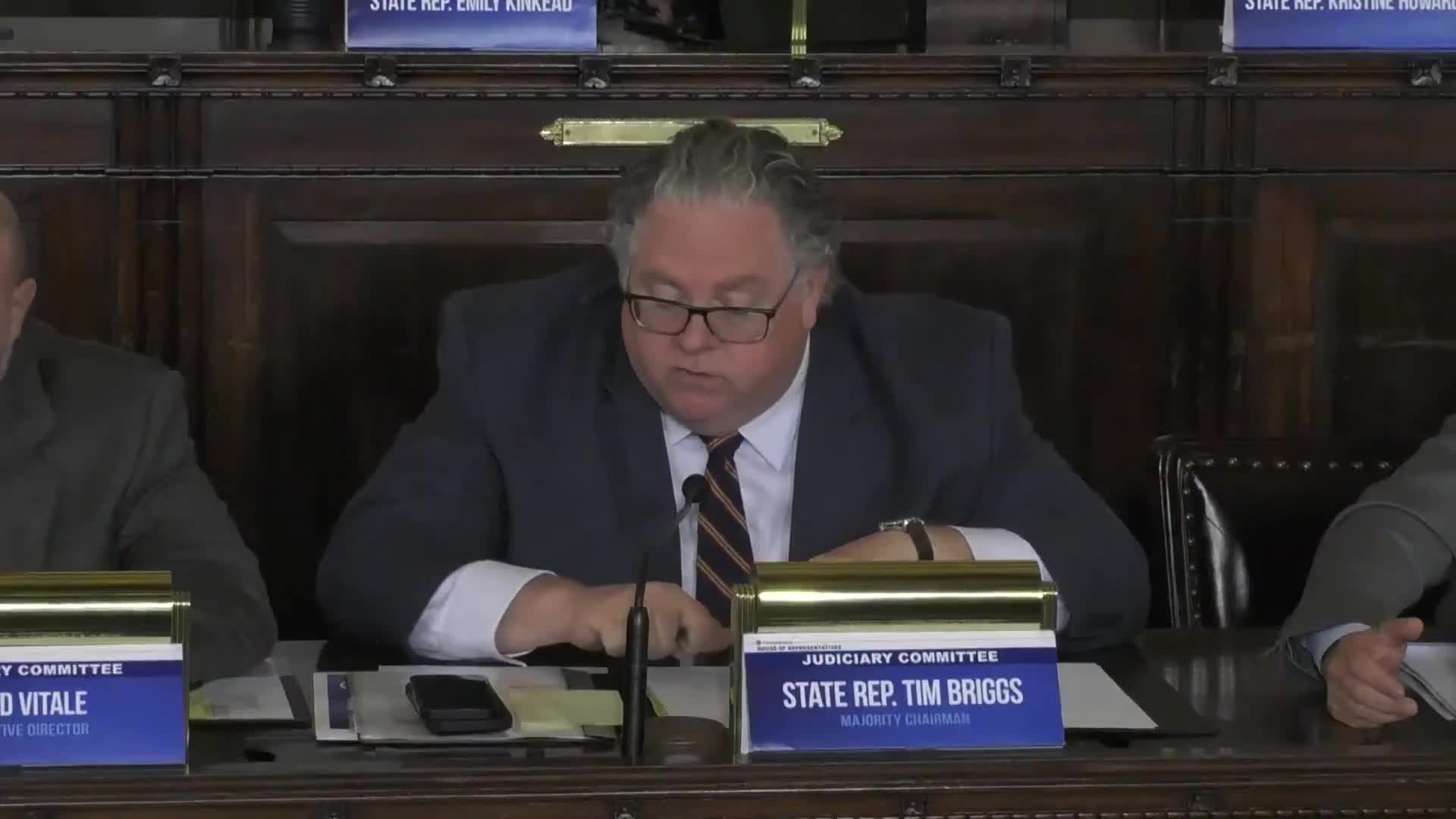Article not found
This article is no longer available. But don't worry—we've gathered other articles that discuss the same topic.
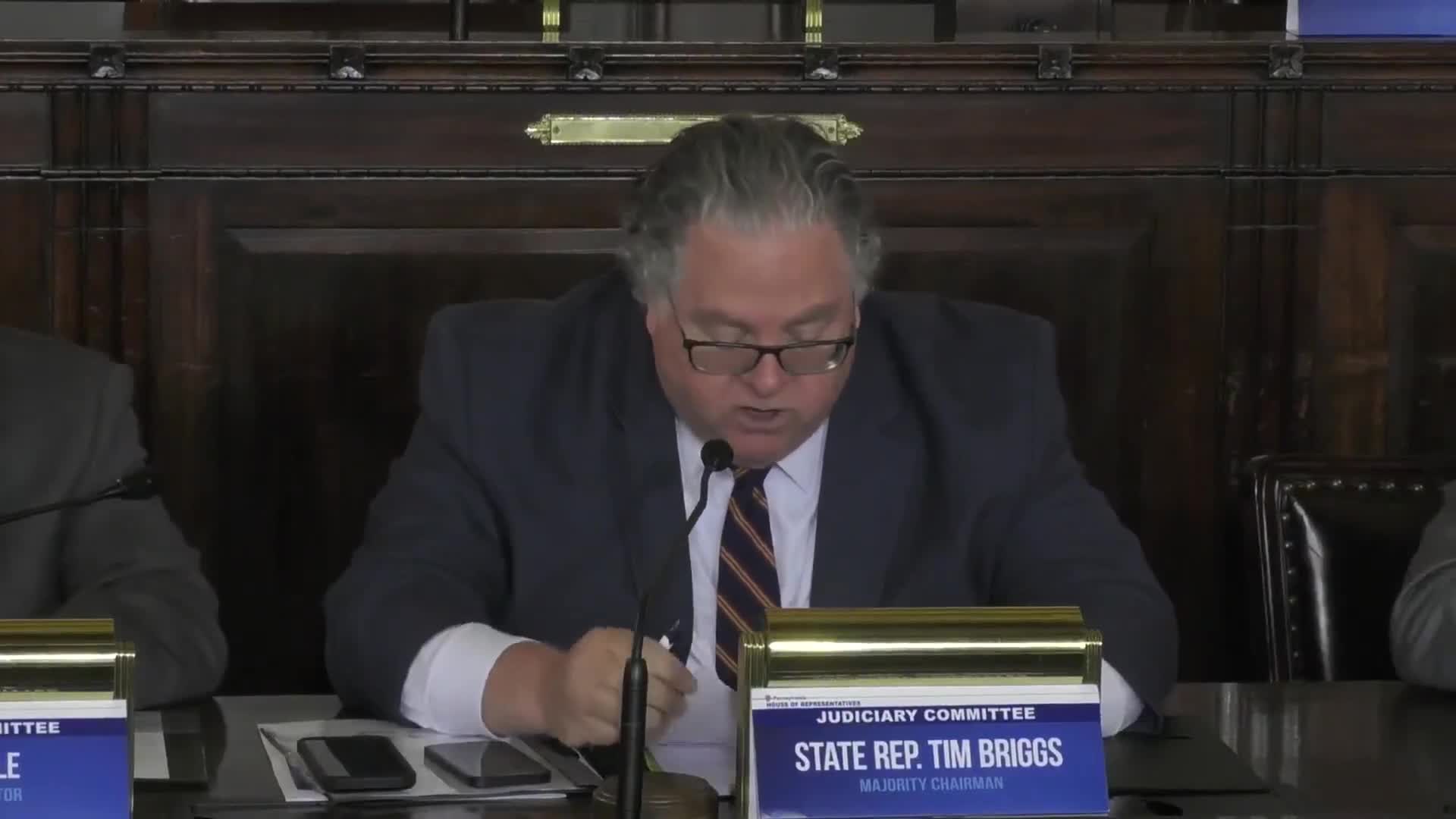
House hearing examines bill to remove HIV-related felony enhancement for prostitution
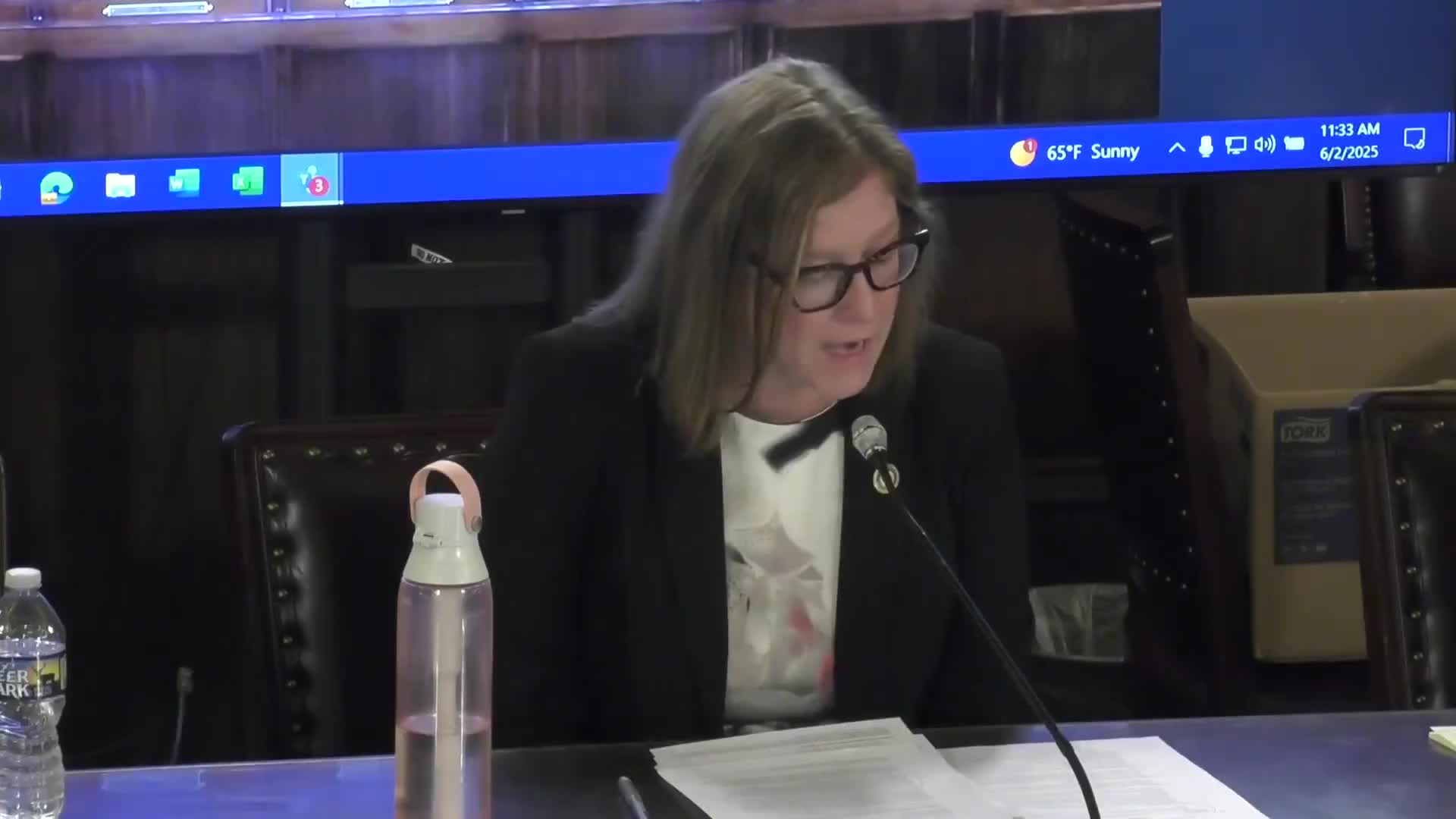
Committee advances bill banning in-state sales of parts from endangered species
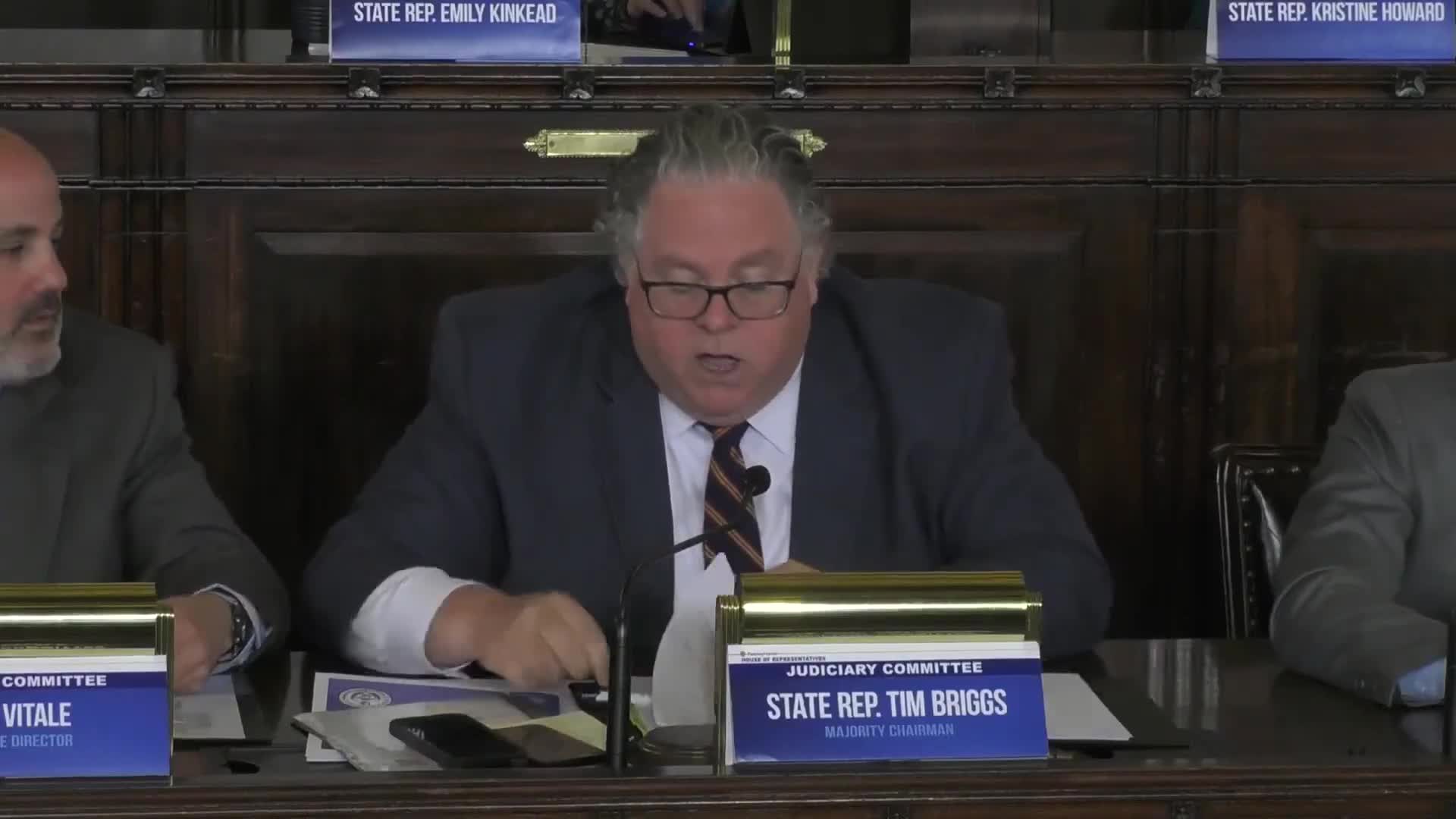
Committee approves Victim Act to fund tools for solving violent crimes, including unsolved homicides
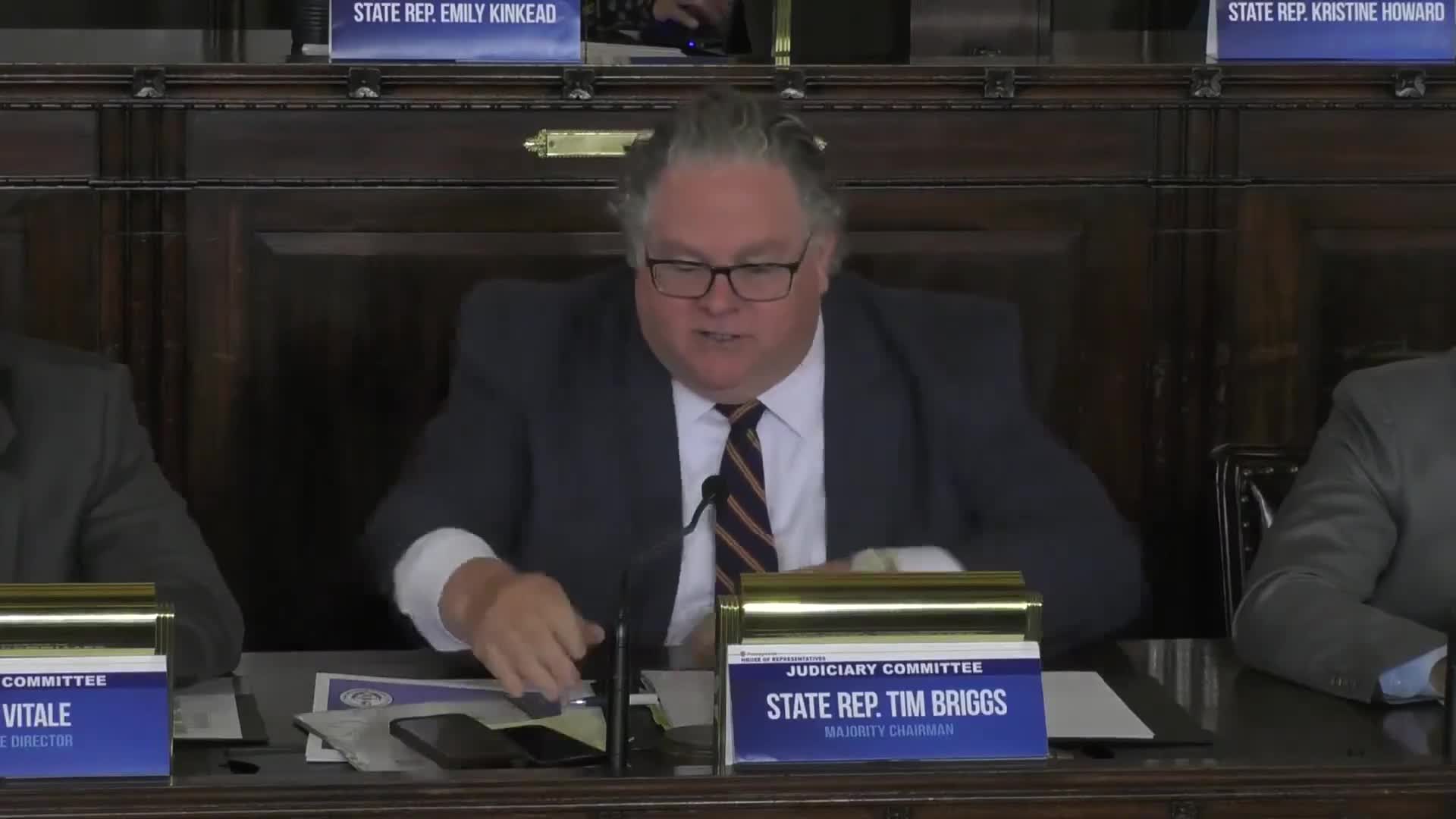
Committee unanimously advances bill to set standards for K-9 fentanyl detection training
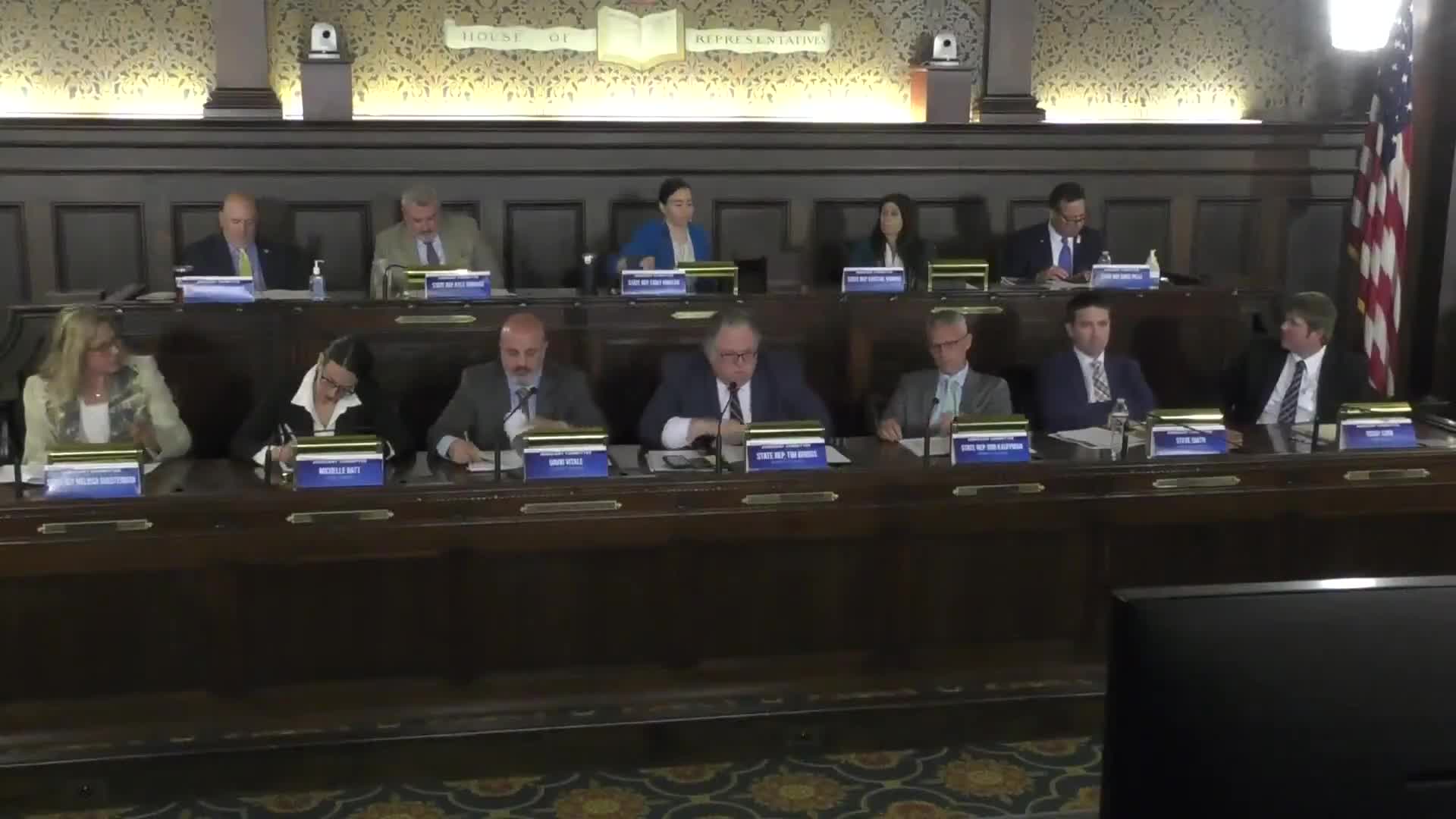
Committee okays bill requiring material-change showing for most custody modification petitions
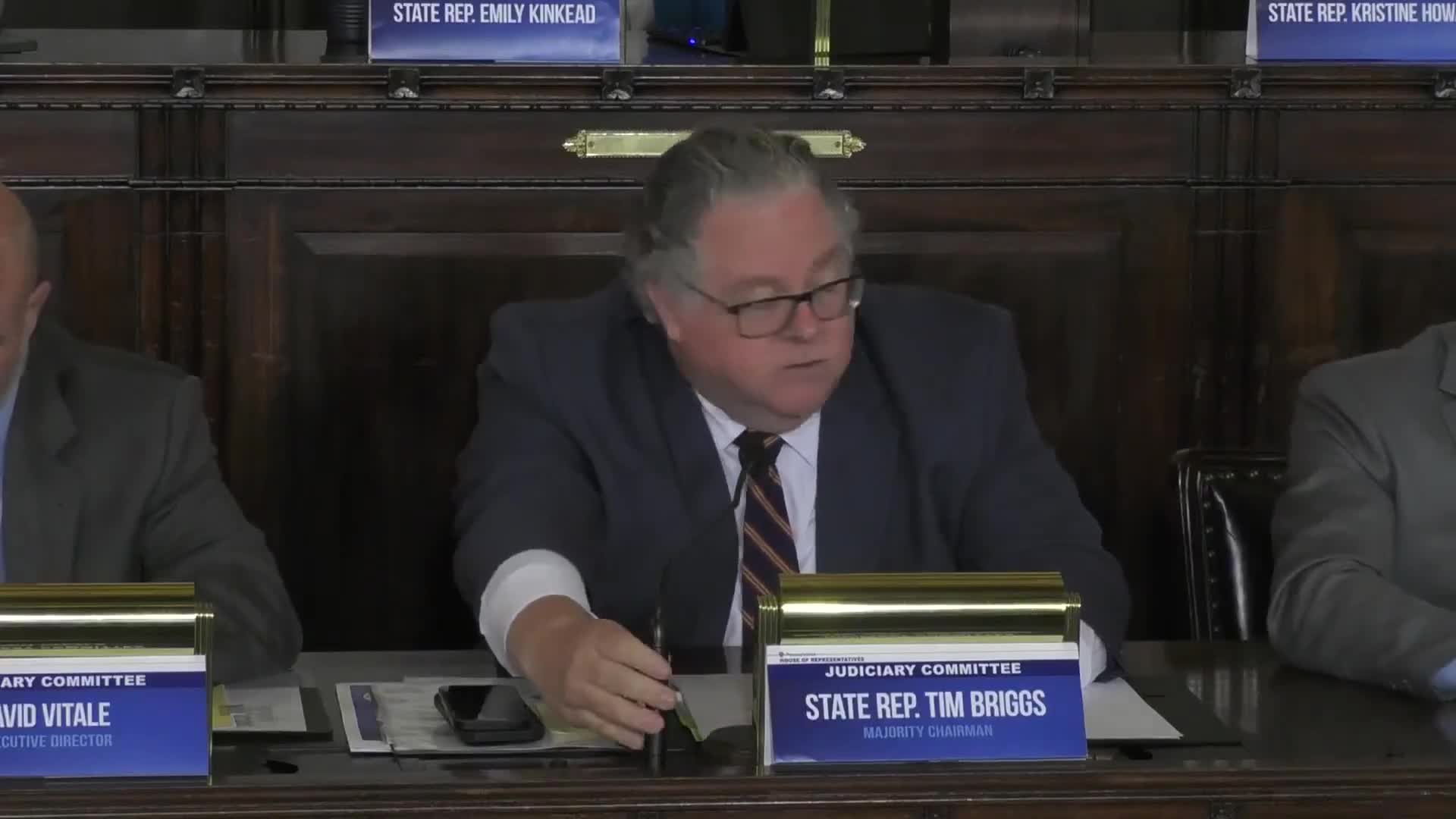
Committee reports bill to remove statute of limitations for crimes against nonverbal care-dependent adults
